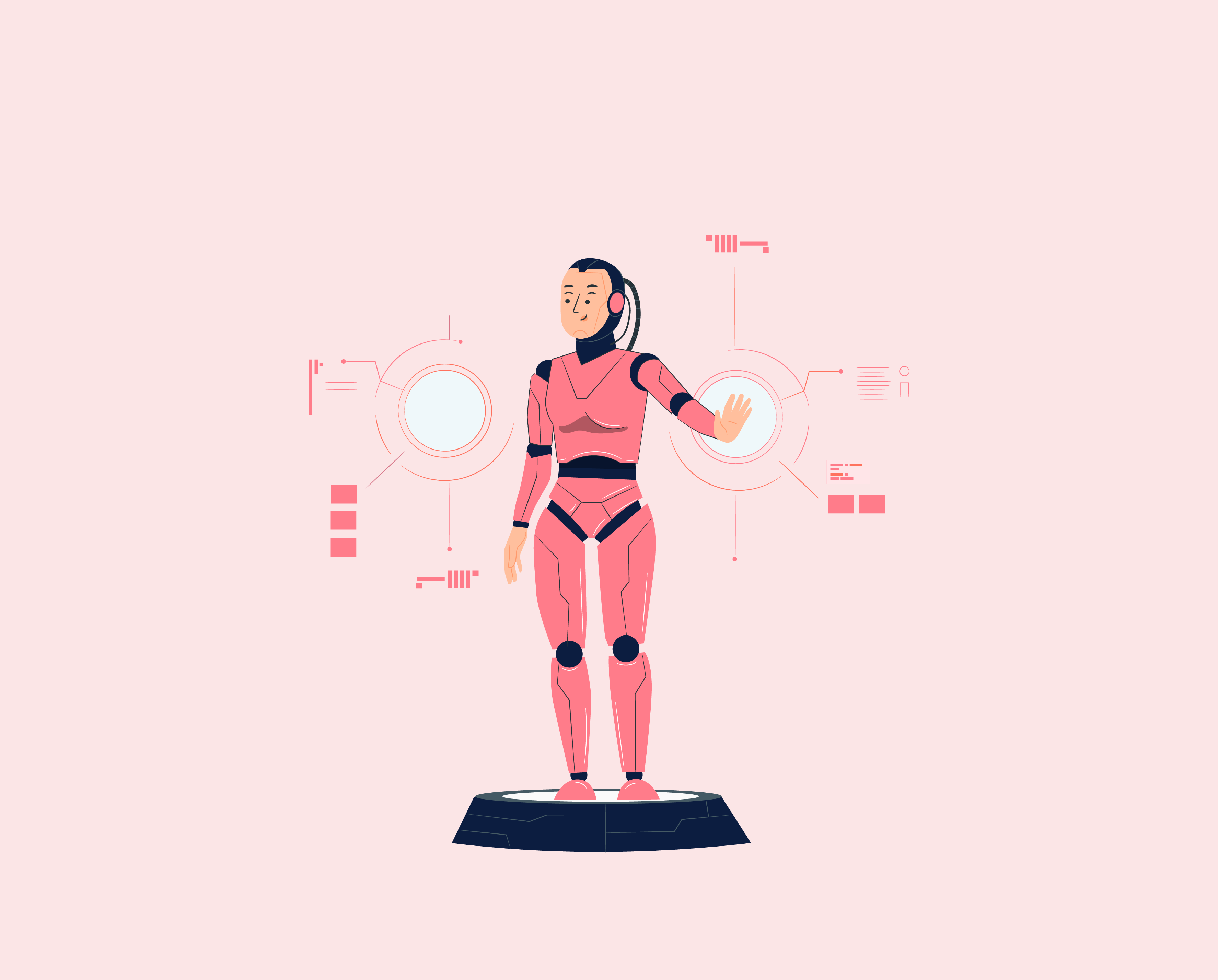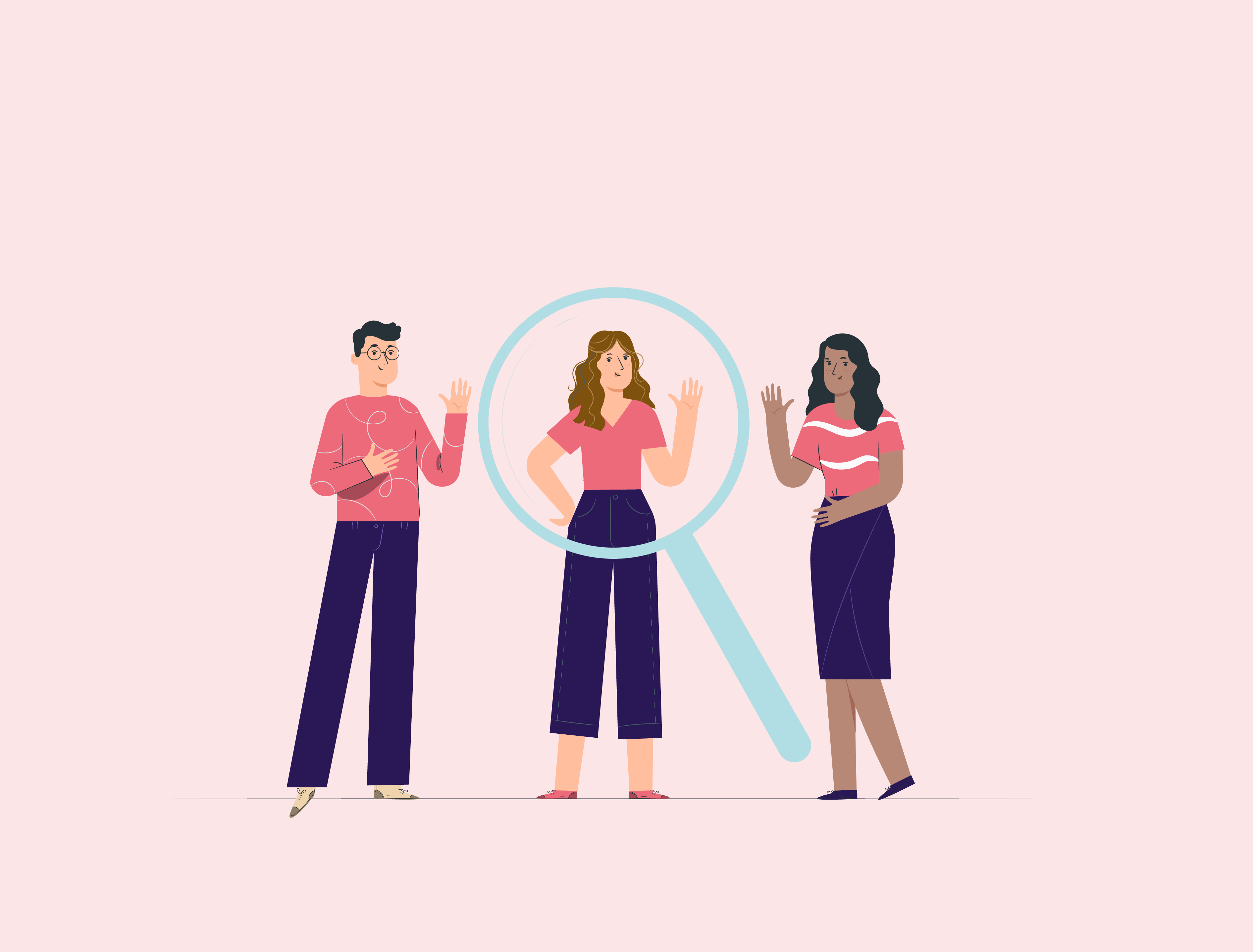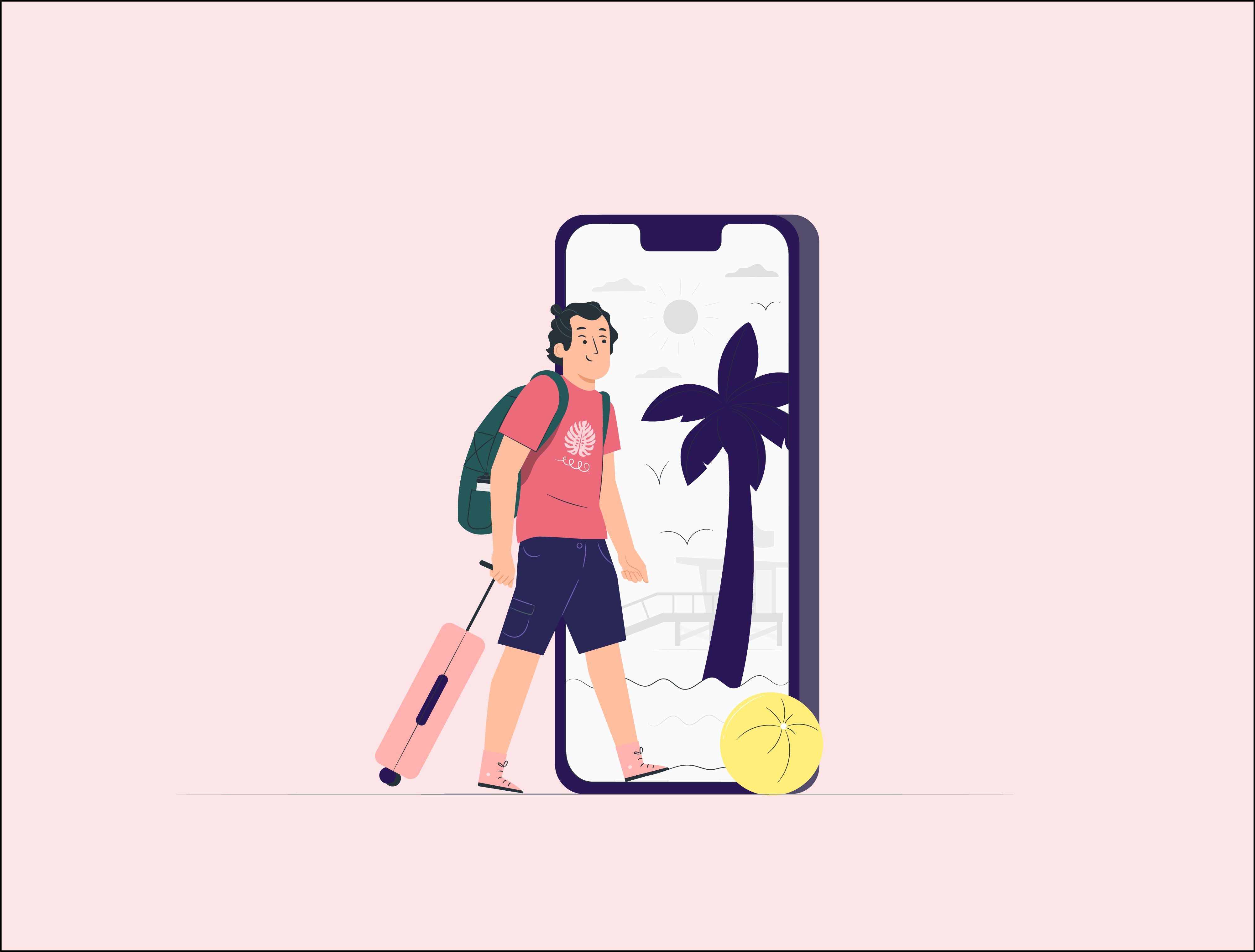
In today’s fast-changing job market, Artificial Intelligence (AI) is changing how companies find and hire people. AI tools make recruiting faster and more efficient, taking over tasks that used to take a lot of time and effort. But using AI in hiring also comes with challenges. In this post, we’ll look at the pros and cons of using AI in recruitment. Whether you’re a recruiter, job seeker, or HR professional, understanding these points is key to navigating the future of recruitment in the age of AI.
There are plenty of reasons to implement AI into your recruitment process, as well as risks to look out for. Here are just a few reasons we are going to cover in this article.
Pros
AI in most recent years has led to some exciting opportunities in all fields – especially recruitment. A growing number of recruitment companies started using AI systems to manage a recruitment cycle and proper implementation can result in quicker processes, reduced hiring bias, and an overall better hiring experience for candidates.
Improved candidate experience with Applicant Tracking System (ATS)
What’s the number one reason for poor candidates’ experience? Fail to communicate. Remember an employee experience starts with a hiring process, and this means how seriously their application is considered and followed up. Candidates are most frustrated by any lack of response from companies which they took time to apply. The use of an ATS – applicant tracking system streamlines and automates your entire recruitment process, from sourcing candidates to hiring. Whether you source and evaluate applicants on your own or with a team, the system tracks interview processes and flags what needs to be done next without failing to communicate with candidates.
Save time and effort
It is no secret that AI is completely revolutionizing the speed at which we can complete tasks of all kinds. That goes double for recruitment-related tasks – many of which are administrative in nature or utilize massive amounts of data. For instance, an ATS can match keywords in resumes and applications to job descriptions, filtering candidates who meet the basic qualifications. Imagine how much time you need to spend if you read received resumes one by one and assess which applicant is qualified for the job vacancy.
Reduce hiring bias
AI can apply consistent criteria across all applications, reducing the risk of human bias related to gender, ethnicity, age, and other factors. ChatGPT, a powerful generative AI tool is a good example that shows how AI can help recruiters to make decisions that are based on objective data rather than subjective impressions when crafting a job vacancy and summarizing an interview for assessment.
Cons
How about the downside of AI in recruitment? It is all true that the comprehensive landscape of AI is growing rapidly, which requires more learning for both AI systems and users.
Bias and limitations
The double-sided coin of an AI system in recruitment is algorithmic bias . Automated decision-making is based on the data used to train the system. AI may not adapt well to unique or non-standard career paths and experiences that are not well-stored, potentially disadvantaging candidates with unconventional backgrounds or career breaks. On the other hand, recruiters can look for transferable skills that candidates may have acquired in non-traditional roles or industries.
Fail to evaluate soft skills
AI systems primarily analyse quantifiable data, which can overlook important qualitative aspects like interpersonal skills and cultural fit. On paper, one candidate might be more qualified for the position, but another candidate might be a better fit for the company culture. AI cannot tell such a thing and that’s why it is important for recruiters to pay attention to soft skills along with hard skills with the help of AI but not with complete reliance on AI.
Data privacy and EU regulation
The General Data Protection Regulation (GDPR) imposes strict rules on data privacy and protection. AI systems must ensure they handle candidates’ personal data in compliance with GDPR, which can be complex. Moreover, the use of AI in the EU will be regulated by the AI Act , the world’s first AI law. The AI Act requires that high-risk AI systems, including those used in recruitment, have human oversight.
In summary, AI in recruitment offers the potential for increased efficiency, data-driven decision-making, and bias reduction. However, it also poses challenges related to algorithmic bias and the loss of human touch in the hiring process. It is important for AI users, especially in the commercial environment to be aware of the relevant regulations for compliance.
At Octagon Professionals, we combine the latest technology with a personal touch to manage every step of the recruitment cycle. Interested in looking for a job or finding a talent with us? Our international recruiters ensure a human connection with you.
more news

Five Key Elements Recruiters Seek When Reviewing a Resume
26-07-24
Crafting a standout resume/CV that captures a recruiter’s attention in the Netherlands can be a unique challenge. If you’re aiming to make a memorable impression, this guide is here to help. Whether you’re a seasoned professional or a newcomer to ...

Navigating Holiday Allowance and Time-Off Policies in the Netherlands
18-07-24
Summer is here in the Netherlands, which means everybody is preparing their out-of-office messages for their holidays! It is also the time of year businesses really review their time-off policies in the Netherlands. Although employers in the Netherlands are required ...